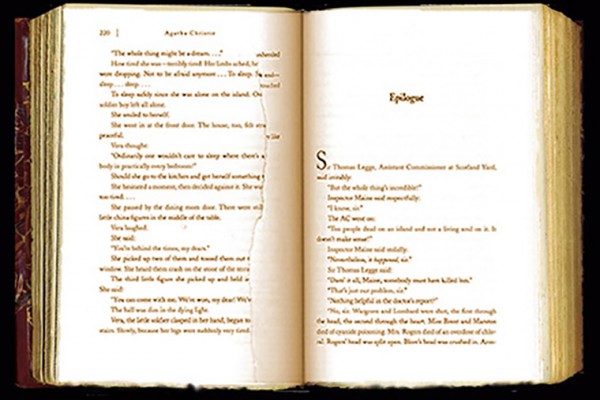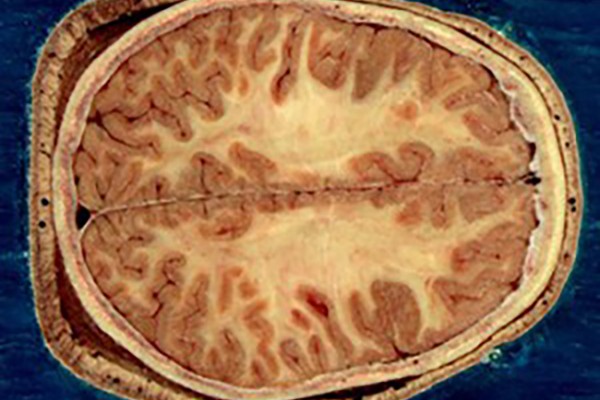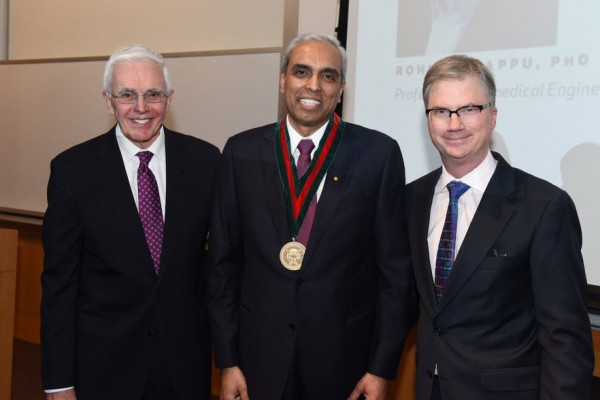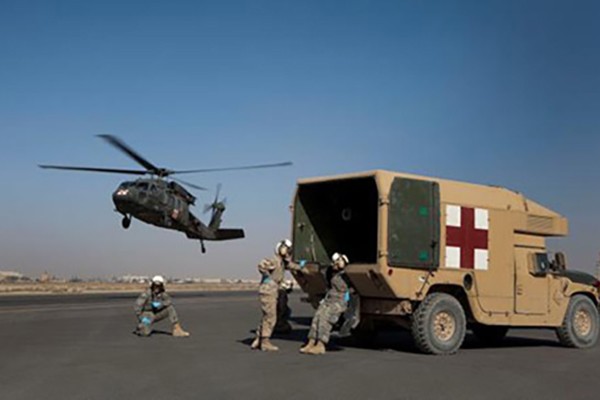Trustees meet, hear from medical school faculty about advances in cancer research
At the Washington University in St. Louis Board of Trustees meeting Thursday and Friday, March 5 and 6, the trustees heard presentations from School of Medicine faculty about advances in cancer research, treatment and prevention and received a report from Chancellor Mark S. Wrighton that included updates on administrative appointments, admissions, athletics and construction.
In the quantum world, the future affects the past
In the quantum world, the future predicts the past. Playing a guessing game with a superconducting circuit called a qubit, a physicist at Washington University in St. Louis has discovered a way to narrow the odds of correctly guessing the state of a two-state system. By combining
information about the qubit’s evolution after a target time with
information about its evolution up to that time, the lab was able to
narrow the odds from 50-50 to 90-10.
New understanding of stroke damage may aid recovery
Stroke can lead to a wide range of problems such as depression and difficulty moving, speaking and paying attention. A new study led by Maurizio Corbetta, MD, at the School of Medicine has found evidence that stroke damage to “cables” buried inside the brain plays an important role in these impairments.
If Mad Max and Dr. Seuss started a band …
The ziggurat drum. The nail violin. The gong array with artillery shells. The chariot of choir. If Mad Max and Dr. Seuss started a band, it might look something like Scrap Arts Music, which comes to Edison March 20 and 21. The Vancouver-based percussion ensemble builds wild, one-of-a-kind instruments from gleaming industrial salvage.
Homeowners fared better in Great Recession than renters, new study finds
While many Americans took a big financial hit during the Great Recession, homeowners were less likely than renters to lose very large proportions of their wealth, finds a new study from Michal Grinstein-Weiss, PhD, associate director of the Center for Social Development in the Brown School at Washington University in St. Louis.
Pappu named Murty Professor of Engineering
Rohit V. Pappu, PhD, has been named the Edwin H. Murty Professor of Engineering at Washington University in St. Louis. He was installed March 2.
Wiland named director of Institutional Research and Analysis
Lisa Wiland has been appointed director of Institutional Research and Analysis for the Office of the Provost at Washington University in St. Louis.
Mental health soon after war-zone concussions predicts disability
Evaluating military personnel with blast-related mild traumatic brain injuries, researchers have found that early symptoms of post-traumatic stress, such as anxiety, emotional numbness, flashbacks and irritability, are the strongest predictors of later disability. The study was led by the School of Medicine.
15 Washington University students selected to attend CGI U
Washington University in St. Louis is sending 15 students to this year’s Clinton Global Initiative University, which begins Friday, March 6, at the University of Miami. Founded by the Clinton Global Initiative, an initiative
of the Bill, Hillary & Chelsea Clinton Foundation, CGI U supports
projects that advance five focus areas: education, environmental
sustainability, peace and human rights, poverty alleviation and public
health. The university hosted CGI U in 2013.
Solar panels installed on Medical Campus
Solar panels are being installed on the rooftop of the building at 4488 Forest Park Ave. on the Medical Campus. The building houses the Washington University Knight Alzheimer’s Disease Research Center and Forest Park Pediatrics.
View More Stories




